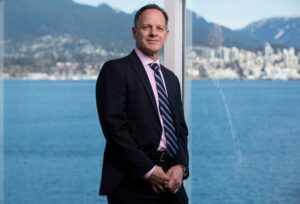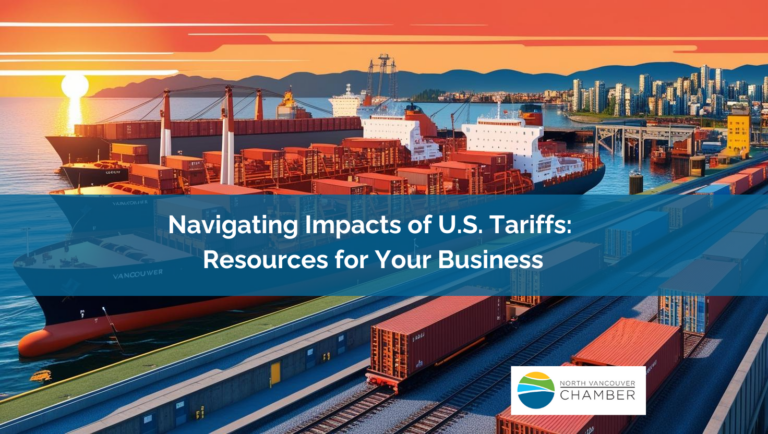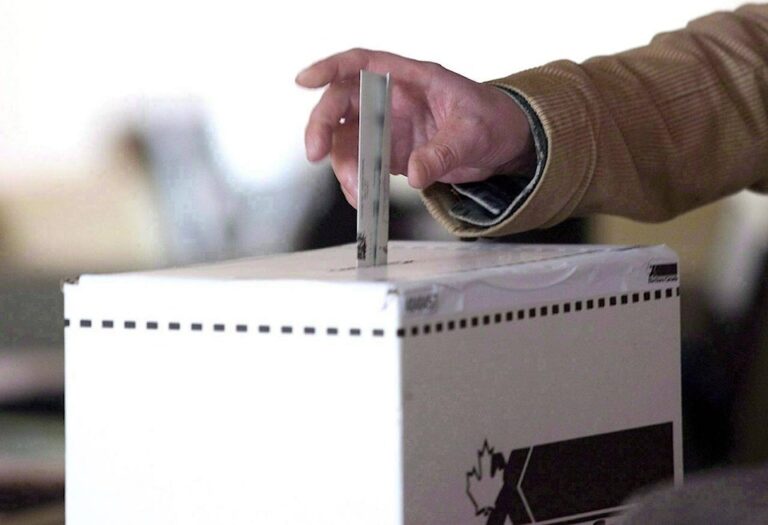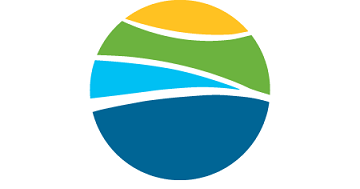The following information was taken from a recent Port of Vancouver information release:

To our valued customers and stakeholders:
The Vancouver Fraser Port Authority’s board of directors is pleased to announce that it has appointed Peter Xotta as president and chief executive officer, effective Monday, December 4, 2023. This appointment follows a comprehensive and competitive global executive search process facilitated by Korn Ferry.
“I am pleased that the Port of Vancouver—and all Canadians—will benefit from Peter’s leadership as president and CEO of the port authority that oversees Canada’s largest port,” said Cathy McLay, chair of the port authority board. “As an experienced transportation executive with a track record of collaboration and success, Peter will continue to advance Canada’s position as a global trading partner while honouring Indigenous peoples, protecting the environment and supporting local communities.”
Peter most recently served as vice president, operations and supply chain for the port authority, where he was responsible for land and marine operations, health, safety and security, and port and supply chain optimization activities.
“It is my honour to lead an incredibly talented and dedicated team at the port authority,” said Peter. “I have had the privilege of being part of our team’s work in growing Canada’s trade, facilitating the safe movement of goods through the port, while protecting the environment, and bringing benefits to neighbouring communities. I look forward to continued collaboration with all levels of government, Indigenous groups, customers, tenants, transportation partners, labour, and communities as we prepare for continued growth in Canadian trade.”
Throughout his career, Peter has successfully led diverse portfolios including business development and strategic projects. He is passionate about collaborating with customers to find innovative solutions to make Western Canada’s gateway more efficient and resilient. Peter was heavily involved in the port authority’s work with local partners to secure funding for infrastructure projects to improve the goods movement to and from the port to support Canada’s competitiveness in international trade. He also led the organization’s port and supply chain optimization, including Active Vessel Traffic Management Program and other supply chain visibility initiatives.
Peter has a master of business administration degree from Simon Fraser University’s Segal Graduate School of Business and has served as a mentor in the program. He is the vice chair of the Burnaby Hospital Foundation. He also sits on the board of the Greater Vancouver Board of Trade, the Freight Management Association of Canada, and the Clear Seas Centre for Responsible Marine Shipping. He is the former chair of Canada Place Corporation, a wholly owned subsidiary of the Vancouver Fraser Port Authority.
About the Vancouver Fraser Port Authority and the Port of Vancouver
The Vancouver Fraser Port Authority is the federal agency responsible for the shared stewardship of the Port of Vancouver. Like all Canada Port Authorities, we are accountable to the federal minister of transport, and operate pursuant to the Canada Marine Act with a mandate to enable Canada’s trade through the Port of Vancouver, while protecting the environment and considering local communities. The port authority is structured as a non-share corporation, is financially self-sufficient and does not rely on tax dollars for operations. Our revenues come from port terminals and tenants who lease port lands, and from port users who pay various fees such as harbour dues. Profits are reinvested in port infrastructure. The port authority oversees the use of port land and water, which includes more than 16,000 hectares of water, over 1,500 hectares of land, and approximately 350 kilometres of shoreline. Located on the southwest coast of British Columbia in Canada, the Port of Vancouver extends from Roberts Bank and the Fraser River up to and including Burrard Inlet, bordering 16 municipalities and intersecting the traditional territories and treaty lands of more than 35 Coast Salish Indigenous groups. The Port of Vancouver is Canada’s largest port, and the third largest in North America by tonnes of cargo. Enabling the trade of approximately $305 billion in goods with more than 170 world economies, port activities sustain 115,300 jobs, $7 billion in wages, and $11.9 billion in GDP across Canada.




